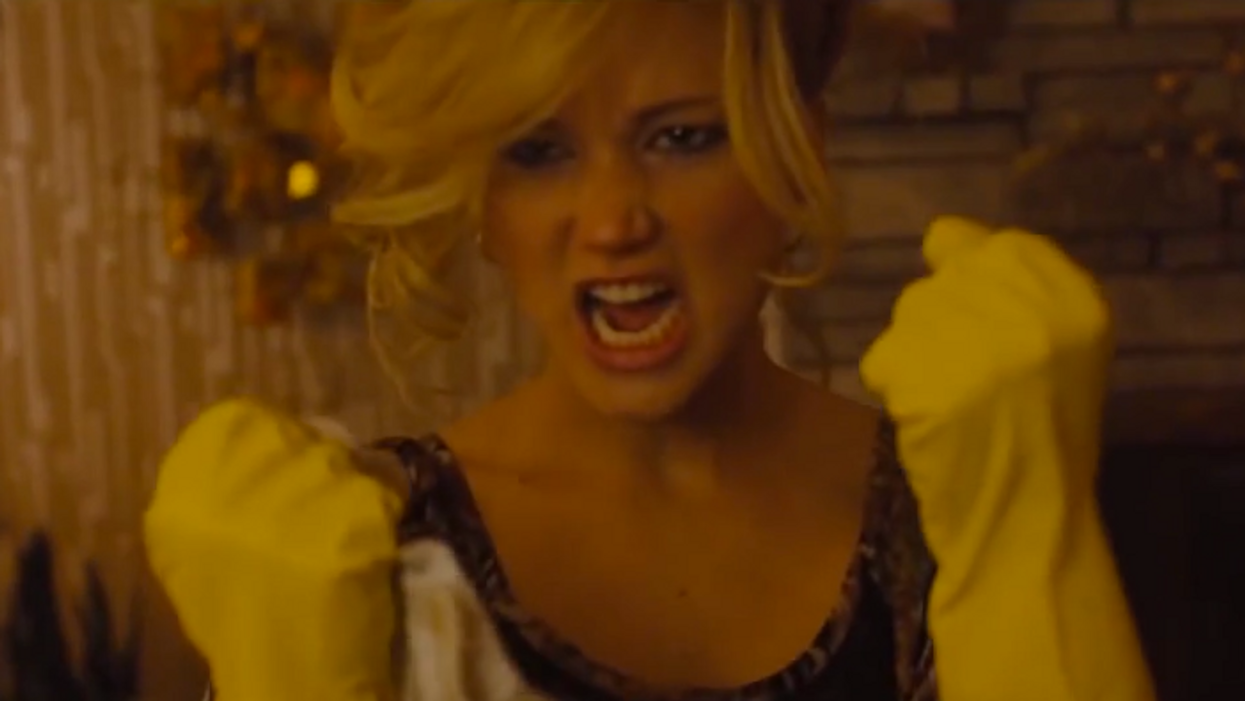Watch: What Makes David O. Russell So David O. Russell?
From Silver Linings Playbook to American Hustle, David O. Russell is all in.

Say what you will about David O. Russell—and you'll say it, here, elsewhere, everywhere—the accomplishments of his films are fairly incontrovertible. The performances he draws from his actors and the unusual, but also crucially American, stories told by Russell's films stand out. From The Fighter onwards, Russell has become a director who doesn't just look at his characters and their predicaments—he looks through them and around them. This video essay by Mackenzie Johnson shows, fairly unequivocally, what it is that makes a David O. Russell film. And, in so doing, it shows what we might learn by watching them. (You just might have to swallow that reticence you feel after reading all those Russell on-set anecdotes! There never was an artist without some complexity.)
Fully-formed characters
One important point Johnson makes is that Russell is fully invested in the characters he portrays; rather than sketching out a scant history for each figure onscreen or allowing his actors to create backstories, Russell goes there himself, presenting each role to his actors as a fully formed creation. This sort of investment can change a film in a number of ways, the most likely result being that the film becomes more intense. One of the more remarked-on qualities of Silver Linings Playbook was what critics called, with differing words, its "emotional honesty." What this really means is that Russell explored his characters so fully that what we finally saw, as we watched Bradley Cooper's Pat and Jennifer Lawrence's Tiffany struggle with their wounds, were not so much two characters as two human cross-sections, laid bare, naked.
360-degree visuals
These character revelations would have no impact without a cinematic style to match, and so Russell, wherever possible, brings us a 360-degree view of his characters. This creates an effect akin, in his words, to a "live play." This approach can be disorienting for the viewer; the camera swoops and swirls wildly in American Hustle, for example, creating a sense of precariousness analogous to that of the characters in the film, as they teeter on the edge of losing their credibility, destroying their relationships, or bringing their lives in for a collective crash landing.
Improvisatory energy
Overall directorial style, or the personality the director brings to the production, also plays a significant role here, in Johnson's view. As one might suspect, Russell is very hands-on, throwing himself into each film with vigor and almost irrational enthusiasm. The result is that his films radiate an improvisatory energy that one would be hard-pressed to find in other directors' work. The lesson? If one invests one's self in one's work, the degree of that investment will shine through, and the final product will be a personal document as well as an artistic accomplishment.
What's your favorite Russell film? And, more importantly, what your favorite of his filmmaking techniques?











